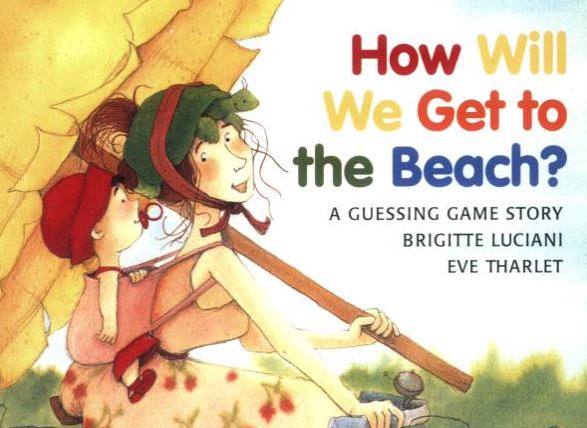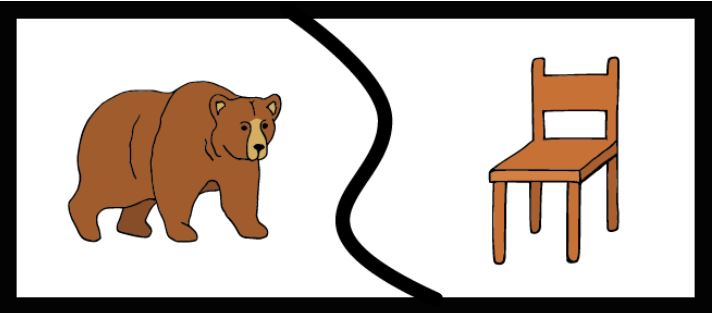Helpful Links
Get In Touch
-
General Enquiries
-
info@brightpathkids.com
-
Enrollment Enquiries
-
enrollment@brightpathkids.com
-
Careers & HR Enquiries
-
careers@brightpathkids.com
-
Contact Us
-
1-888-808-2252
Copyright © 2026 BrightPath Kids. All Rights Reserved.










